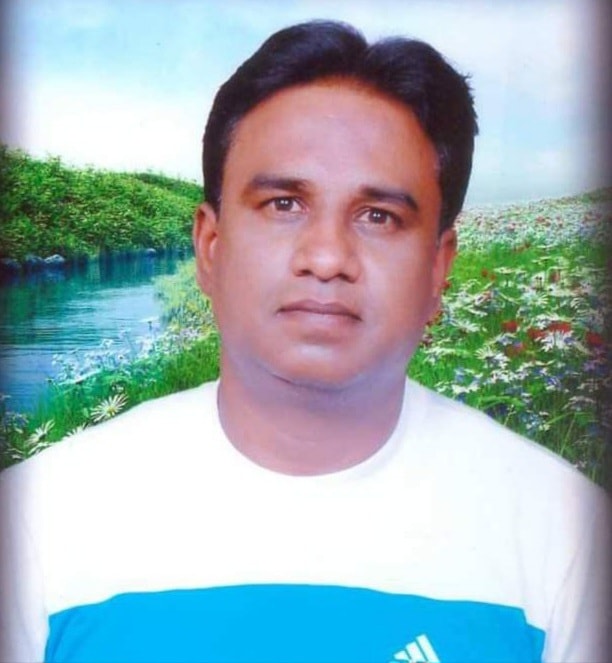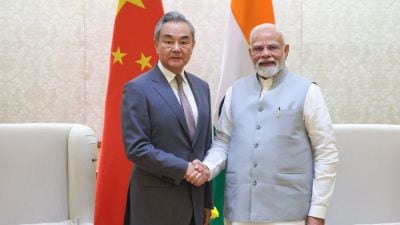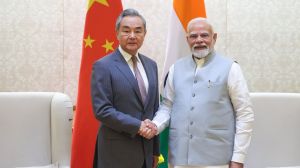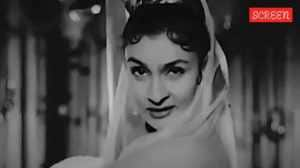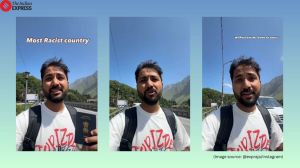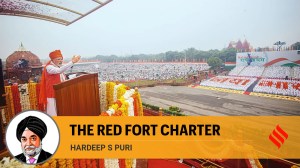With the State Home Department finally issuing a notification for setting up the Pimpri-Chinchwad Police Commissionerate on Friday, local residents have every reason to cheer. They have been demanding the police commissionerate for more than 15 years, to tackle the consistently rising crime rate in the industrial city.
The police commissionerate will come up in Premlok Park area of Chinchwad. It will function initially from Auto Cluster, Chinchwad, from August 15, and be located in the heart of the city.

The location of the police commisisonerate will offer easy and quick access to aggrieved residents, who will be able to seek redressal from senior officials in case lower-rank police officials refuse to take cognisance of their complaints. In less than 10 minutes, local residents from any corner of the industrial city — Dapodi, Moshi, Dehu Road or Wakad — can reach the police commisisonerate. This is in sharp contrast to the Pune Police Commissionerate, which was located about 20 to 25 km from the farthest point of Pimpri-Chinchwad, and it took about one-and-a-half-hour to reach the spot.
Soaring crime rate
The second reason, and the most significant one, why local residents are cheering the planned Pimpri-Chinchwad police commissionerate is the rising crime graph here. Criminal activities in the industrial city in the last 10-15 years have increased so much that Pimpri-Chinchwad has earned the tag of a ‘city of crimes’, overshadowing its fame as an ‘outstanding industrial city’, whose foundation was laid by none other than India’s first Prime Minister Jawaharlal Nehru. At Nehru’s insistence, the country’s first penicillin factory, Hindustan Antibiotics Ltd, was set up in Pimpri, and it opened the floodgates for further industrial development. The Tatas (then Telco), Bajaj, Thermax, Philips, Sandvik Asia, Alfa Laval, Marshal, Century Enka and SKFs set up their units in the city. Soon, the Bhosari MIDC industrial estate came into being.
Story continues below this ad
Criminals started making inroads into Pimpri-Chinchwad after the 1993 serial blasts, when authorities cracked down on the underworld in Mumbai. But it was not until 2002, when the Pune-Mumbai Expressway became operational, that gangsters from Mumbai started setting up base in the industrial city and making their presence felt in a big way. The Expressway gave them an opportunity to commit crimes in Mumbai and flee to Pimpri-Chinchwad in less than three hours. Members of the D-gang, and the gangs of Chhota Rajan and Arun Gawli, started calling shots from Pimpri-Chinchwad.
Soon, gangs from Pune city also joined ranks with the Mumbai gangs. The Andekar gang, Malwadwar gang, Barhate gang and Umesh Shetty gang became active as the city had started growing from all sides, providing them an ideal ground to carry out their activities.
With outside gangs raising the pitch, the local gangs struck a rapport with them and were further emboldened to carry out their activities. The local gangs of Munna Shaikh, Prakash Chavan, Anil Hegde and Mahakali gang then went into top gear. But the gangs couldn’t last for too long, as most of their leaders were murdered one after the other due to intense gang rivalry. Their associates, however, still continue to be active.
Brazen criminals
Currently, the ‘young bhais’ who are found in every gully, nook and corner have made life miserable for local residents. They vandalise vehicles, pick up fights on the streets, indulge in extortion, create terror and brazenly use sharp weapons such as swords, axes and daggers. There is also a rising trend of using pistols purchased from outside the state.
Story continues below this ad
The gangsters in Pimpri-Chinchwad have become so brazen that one of them, gangster Gotya Dhawade, arrested for allegedly murdering BJP leader Ankush Landge, had put up posters and carried out a victory procession after he was released on bail. He was subsequently murdered, as were at least three members of his gang.
Unsafe areas
In some suburbs of Pimpri-Chinchwad, dangerous crimes such as murders, murder attempts and brutal attacks have become common. Local gangsters, who are facing charges over multiple crimes, have been on a “recruitment” spree in these areas and continue to make their presence felt with frequent criminal activities. The most dangerous suburbs in Pimpri-Chinchwad include Bhosari, Kharalwadi, Mohannagar, Balajinagar, Kudalwadi, Chikhli, Kalewadi and at times, Nigdi.
Gangs in Pimpri-Chinchwad often manage to carry out attacks and even get away, as witnesses don’t come forward to testify against them. In Bhosari, almost every day, the local police chowky or the police station registers one or two serious crime cases. In Kharalwadi area, gangsters who have several police cases registered against them operate freely, and two years ago, an RTI activist was brutally murdered here. In Chakan MIDC, extortion is rampant while in Talegaon, gang rivalry has been in existence for ages.
Cops ‘mere spectators’
Local residents and activists in Pimpri-Chinchwad allege that police have either remained spectators, or have been hand-in-glove with gangsters, or worked under political pressure. “Some gangsters have as many 20 cases registered against them. They have been able to get acquittals from court. It is obvious that police failed to present strong cases against these gangsters. Police failed to provide protection to the witnesses, who fear to testify against the goons,” said activist Maruti Bhapkar.
Story continues below this ad
Describing the setting up of the police commissionerate as a significant development in the history of Pimpri-Chinchwad, Manav Kamble of Nagrik Haqq Suraksha Samiti said police will have to play an impartial but firm role. “For long, gangsters and politicians have made police their puppet. At least now, police should stop dancing to the tunes of politicians and gangsters. They should assert themselves strongly and send the wrong-doers behind bars,” he said.
Kamble said the police commissioner will have to break the nexus between politicians, some police officials and top gangsters, as well as those indulging in illegal businesses. “If this nexus is broken, it will have a cascading effect on small-time goons,” he said.
‘Rude’ police personnel
Many residents of Pimpri-Chinchwad say they fear approaching police chowkies or police stations. They allege that police are rude and often send them away if they want to file a complaint. Activists say officials of the Police Commissionerate should strike a good rapport with local residents. “The police commissionerate should hold regular dialogues with local residents and voluntary organisations for better policing,” said Kamble.
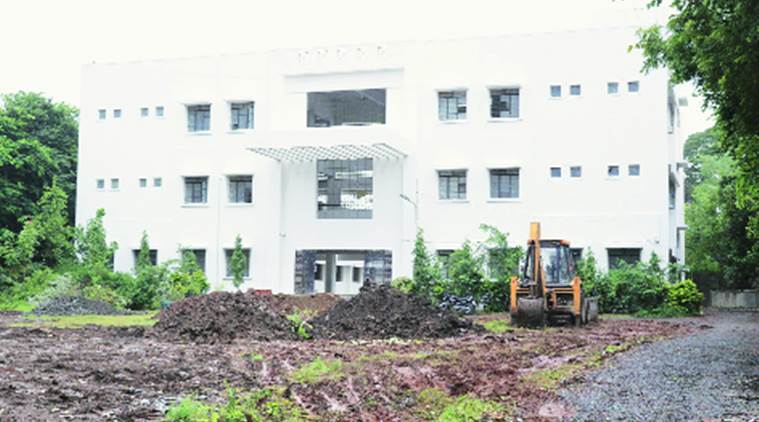 The new police commissionerate in Premlok Park area
The new police commissionerate in Premlok Park area
